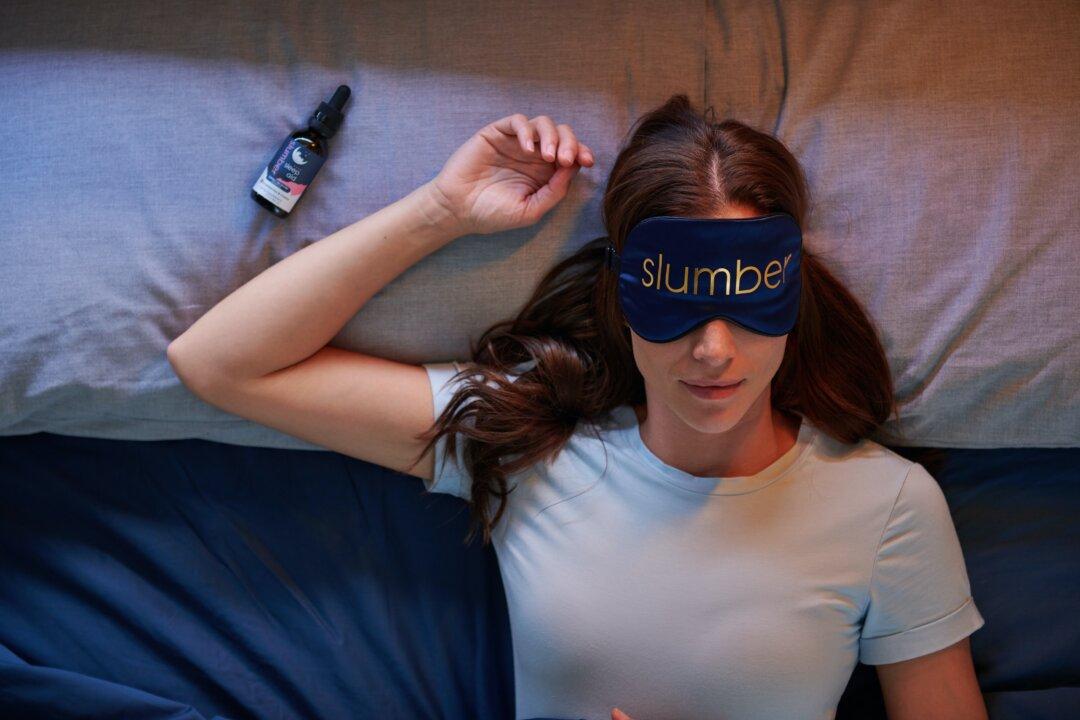Not sleeping through the night for a couple of days may not do any long-term damage, but suffering from chronic insomnia, where each night is a struggle to sleep, is a dreadful scenario. An estimated 10 percent to 15 percent of people suffer from chronic insomnia with the condition being more common in women and aging adults. Typically stress, mental health conditions, medical conditions, or environmental factors like noise, light exposure, jet lag, or a new sleeping arrangement, are responsible for insomnia.
Types of Insomnia
There are various types of insomnia, broadly defined as acute insomnia and chronic insomnia.Chronic insomnia is defined as having trouble sleeping at least three days a week for more than six months. Chronic insomnia is divided into primary chronic insomnia, otherwise known as idiopathic insomnia, where the condition has no known underlying cause, and secondary insomnia, otherwise known as comorbid insomnia, where other underlying conditions like diabetes, Parkinson’s disease, sleep apnea, depression, or anxiety, are directly responsible for insomnia. Onset insomnia refers to difficulty getting to sleep, while sleep-maintenance insomnia refers to difficulty sleeping throughout the night or waking up too early without being able to get back to sleep.

